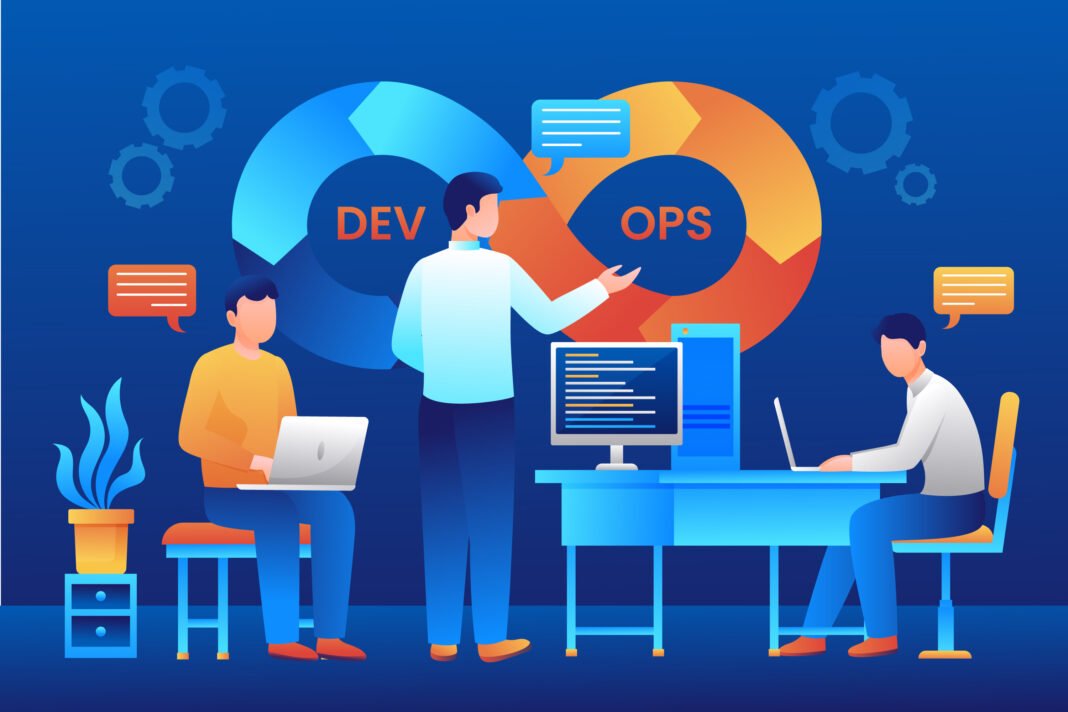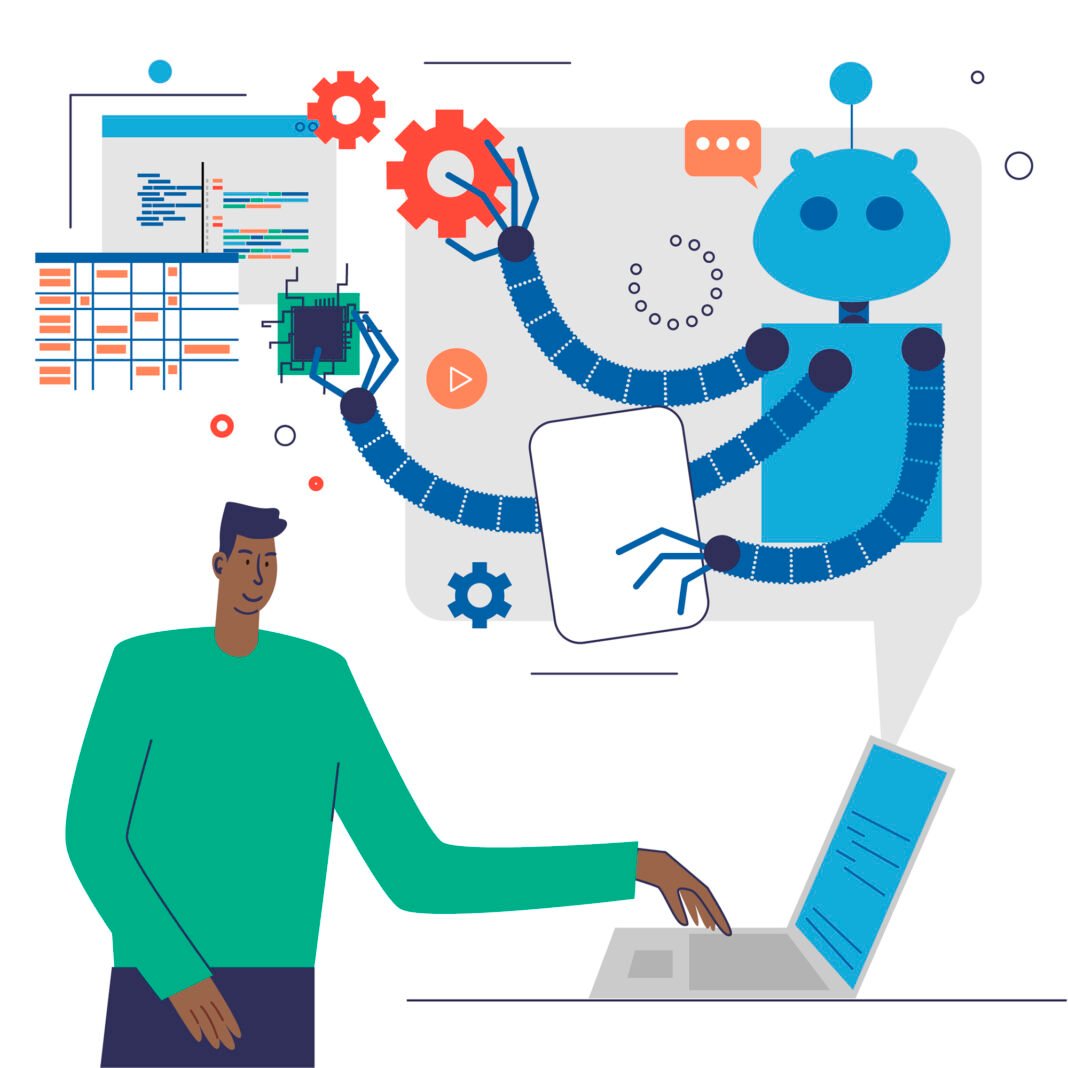DevOps, the fusion of development and operations, has revolutionized the software industry by promoting collaboration and continuous integration and delivery. As technology continues to evolve, so does the demand for efficient and scalable solutions in the DevOps landscape. ChatGPT, a groundbreaking language model developed by OpenAI, has emerged as a powerful tool to augment and streamline various aspects of DevOps processes. In this article, we will explore the capabilities of ChatGPT and its potential impact on DevOps practices.
Table of Contents
Understanding ChatGPT
ChatGPT is an advanced language model based on OpenAI’s GPT-3.5 architecture, trained on a vast dataset of diverse text sources. It utilizes deep learning techniques to process natural language and generate human-like responses. With its ability to understand context and provide contextually relevant answers, ChatGPT for DevOps has proven to be highly versatile in a wide range of applications.
Leveraging ChatGPT for DevOps
- 2.1 Continuous Integration and Continuous Deployment (CI/CD)
One of the fundamental pillars of DevOps is automating the CI/CD pipeline to enable faster and more reliable software delivery. ChatGPT can play a pivotal role in this process by assisting in the automation of repetitive tasks, such as code deployment, environment provisioning, and testing. By interacting with ChatGPT, DevOps teams can swiftly execute commands, receive status updates, and resolve deployment issues, resulting in enhanced efficiency and minimized downtime.
- 2.2 Incident Management
In a fast-paced DevOps environment, incidents are inevitable. Resolving them promptly is crucial to maintaining the stability and performance of applications. ChatGPT can act as a valuable virtual teammate, helping DevOps engineers troubleshoot issues by suggesting potential solutions based on past incident data or known patterns. By accessing historical logs and correlating incidents, ChatGPT can accelerate root cause analysis and facilitate quicker resolutions.
- 2.3 Infrastructure Management
Managing complex infrastructures can be overwhelming, especially in large-scale applications. ChatGPT’s natural language processing capabilities allow it to interpret and respond to queries about infrastructure status, resource utilization, and configuration management. Engineers can interact with ChatGPT to monitor server health, provision resources, and optimize infrastructure setups efficiently, saving valuable time and effort.
Enhancing Collaboration and Knowledge Sharing
DevOps is all about fostering collaboration among teams to break down silos and promote cross-functional communication. ChatGPT’s ability to process conversations and provide contextually appropriate responses fosters seamless interactions between developers, operations personnel, and other stakeholders. It can also act as a knowledge repository, storing and retrieving relevant information on past incidents, resolutions, and best practices, ensuring a continuous learning loop within the organization.
Augmenting Development Processes
- 4.1 Code Review and Documentation
Effective code review is vital for maintaining code quality and adhering to coding standards. ChatGPT can assist in this process by analyzing code snippets, offering suggestions for improvement, and flagging potential issues. Additionally, ChatGPT can help automate documentation tasks by generating descriptive comments, documenting new features, and summarizing discussions during code reviews.
- 4.2 Automated Testing
Testing is a critical component of the software development lifecycle. ChatGPT can collaborate with developers to define test cases, execute automated tests, and analyze test results, ensuring that the codebase remains robust and bug-free. This collaborative approach to testing saves time and resources, allowing DevOps teams to focus on other critical tasks.
Addressing Security Concerns
Security is a top priority in any DevOps environment. ChatGPT can be integrated into security processes to perform vulnerability scanning, analyze security logs, and suggest security patches or fixes. Moreover, ChatGPT can help raise awareness among team members about security best practices, promoting a security-first culture across the organization.
Facilitating Onboarding and Training
In the fast-paced DevOps environment, new team members often face a steep learning curve as they familiarize themselves with the organization’s systems and processes. ChatGPT can act as a supportive onboarding assistant, answering questions, providing guidance on best practices, and offering context-specific training materials. This enables faster ramp-up times for new hires and ensures a smooth integration into the DevOps team.
Predictive Analytics for Resource Management
Resource allocation and optimization are critical concerns in DevOps. ChatGPT can employ predictive analytics to forecast resource demands based on historical data and current trends. By analyzing usage patterns and project requirements, ChatGPT can make insightful recommendations on resource provisioning, helping DevOps teams scale infrastructure efficiently and avoid potential bottlenecks.
Multi-Platform Integration
DevOps teams often work with a diverse set of tools and platforms. ChatGPT can integrate seamlessly with various collaboration and project management tools like Slack, Jira, and GitHub. This integration enables team members to interact with ChatGPT directly from their preferred platforms, enhancing productivity and ensuring that crucial insights and automation capabilities are accessible to all team members, regardless of their roles or locations.
Conclusion
ChatGPT for DevOps is a game-changer, transforming the way development and operations teams collaborate, automate processes, and resolve incidents. By leveraging ChatGPT’s natural language processing capabilities, DevOps practices can be significantly enhanced, leading to faster, more efficient, and more secure software delivery.
As technology continues to evolve, we can expect ChatGPT to become an indispensable tool in the DevOps toolbox, offering innovative solutions to address complex challenges. Embracing this AI-powered assistant, DevOps professionals can stay ahead of the curve and drive continuous improvement in their software development and deployment processes.






